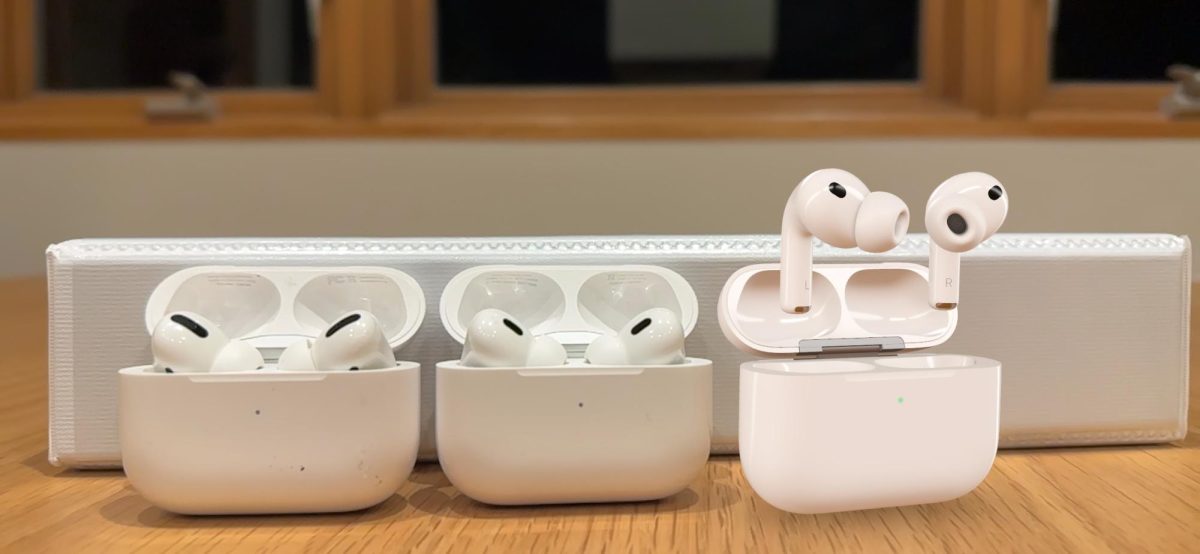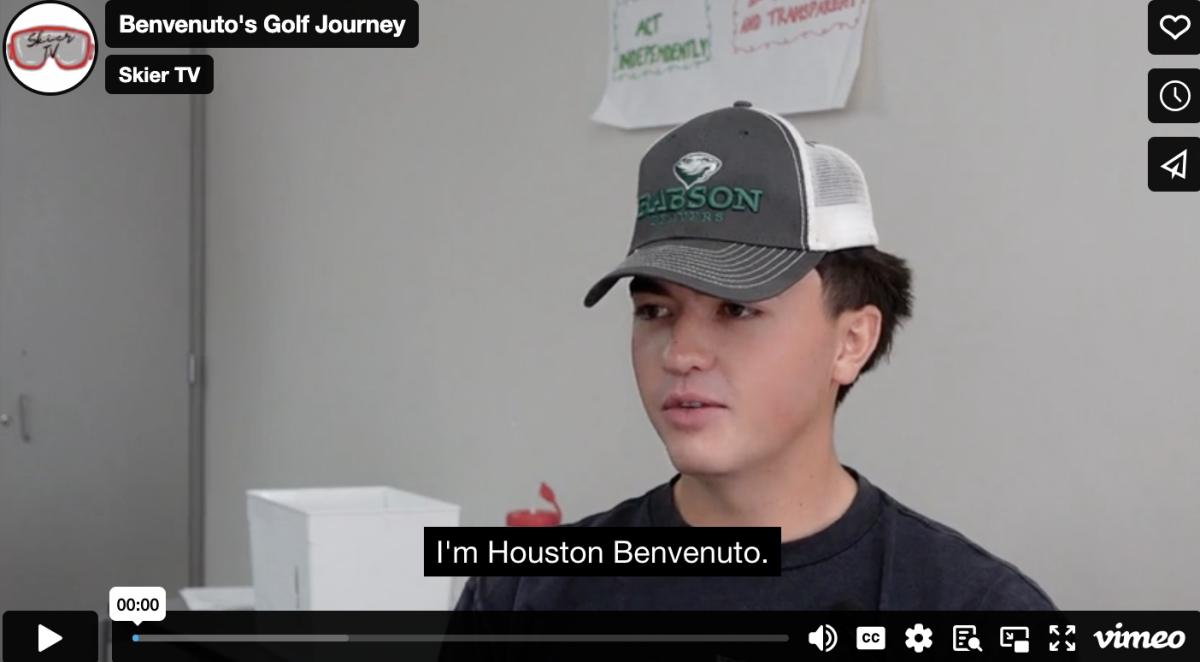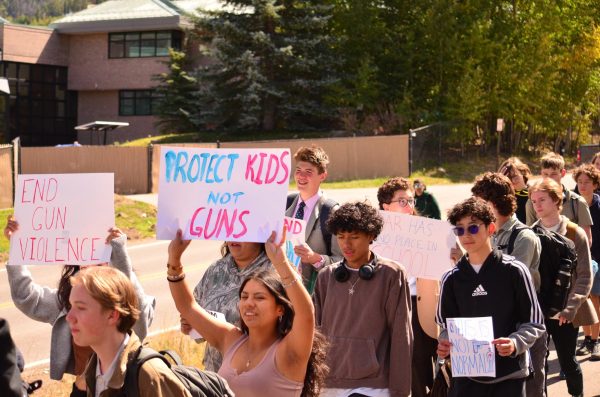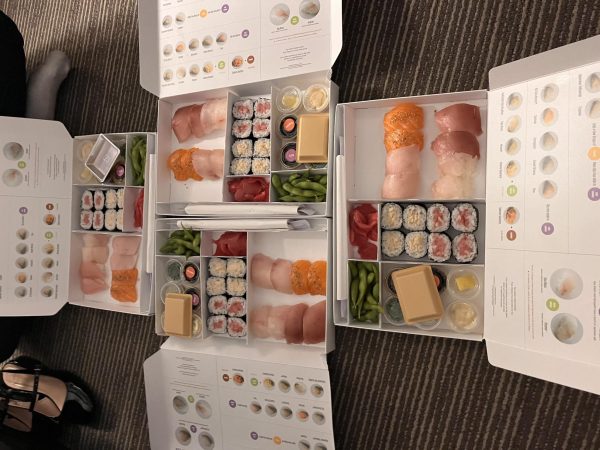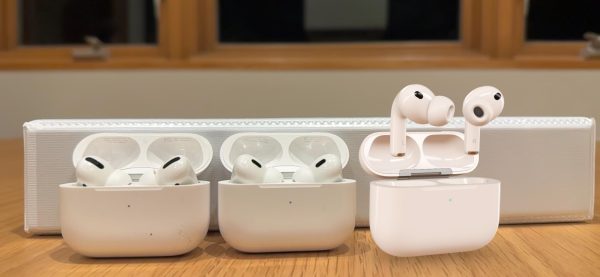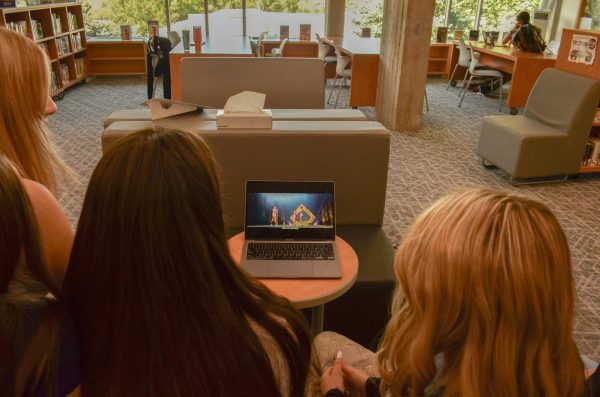Climate Change: How Can You Help?
Photo representing the natural cycles of food and climate
We are already seeing the effects of climate change in the Roaring Fork Valley. From raging fires to lower snow levels, the future looks grim- especially for a town with so much love for snow and skiing.
Some people may think combating climate change requires life changing decisions, like going vegan or buying all new appliances. Although these would definitely help, combating climate change is as easy as these simple tips.
1. Save energy!
You can save energy in your house by using your heat and air conditioning less, turning off your lights, not heating water you won’t use, and switching any iridescent lights in your house LEDs. According to NH Saves, if every American house changed 1 lightbulb from iridescent to LED it would be equivalent to 670,000 cars off the road.
Saving energy will reduce your use of fossil fuels to power your house, and as a bonus it will also lower your electricity bills! It is very important to save electricity if you want to save the environment.
2. Reduce your water and food waste!
Reducing your water waste is as easy as turning off sinks, taking shorter showers, and doing full loads of dishes and laundry instead of a few small loads. Reducing your food waste is just as easy. You can start with only buying the food you will eat and storing that food correctly to make it last longer. You can also start composting and stay away from food items that are close to expiring or will expire quickly.
The average person uses about 140 liters of water per day, and this is a major issue for our future because the world is running out of drinkable water. The demand for fresh water rises as our supply goes down, so it is extremely important to conserve water. Just turning off the faucet while brushing your teeth could save 2 to 3 gallons of water every day, and leaving water in the fridge instead of letting the sink run until it is cold can save 200 to 300 gallons every month.
Additionally, in 2018, 63.1 million tons of food waste was generated. About half of it was generated from homes, and most of it went to landfills. This rotting food produces methane, a greenhouse gas. It is very important to lower your food waste to protect the environment and our future.
3. Be informed!
It is extremely important to be informed about our world, especially when it comes to impacts on the environment and our future generations. Watch the news, subscribe to a newsletter, or just talk to people about what’s happening.
It is also important to inform others about this pressing issue, and you can do this by posting about it, going to marches and protests, and talking about it to others. There are also many other articles about what you can do to combat climate change, and you can spread awareness and get more people involved by sharing articles and facts with friends and family.



